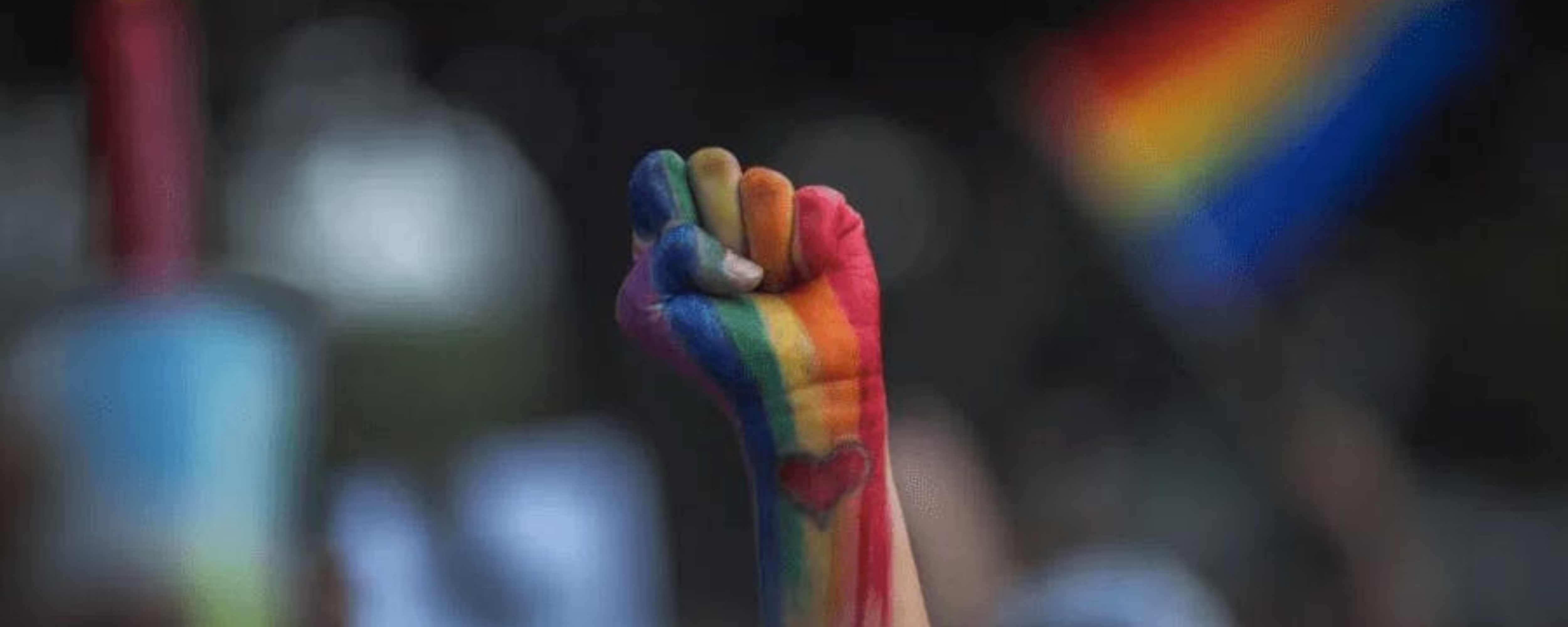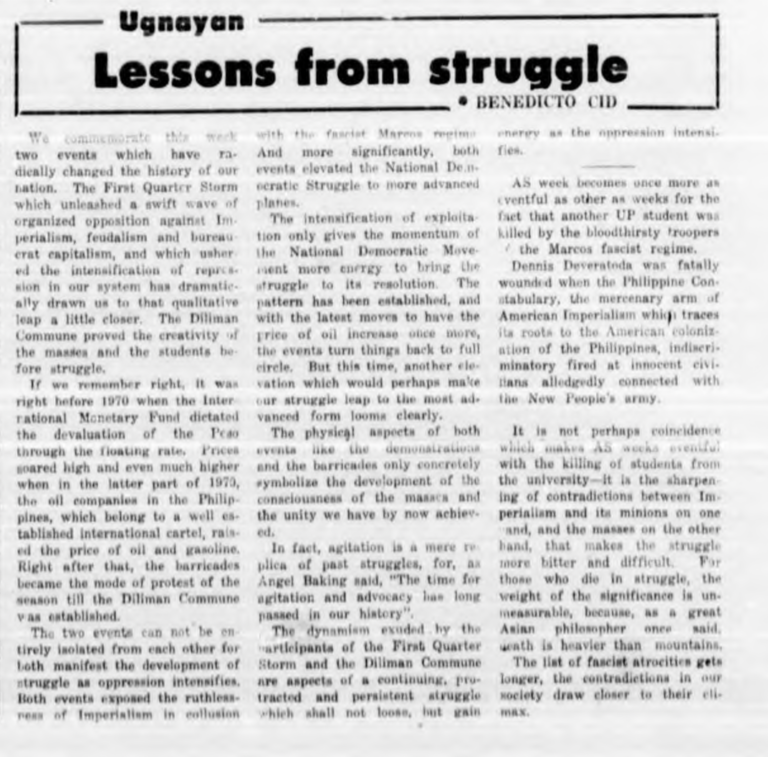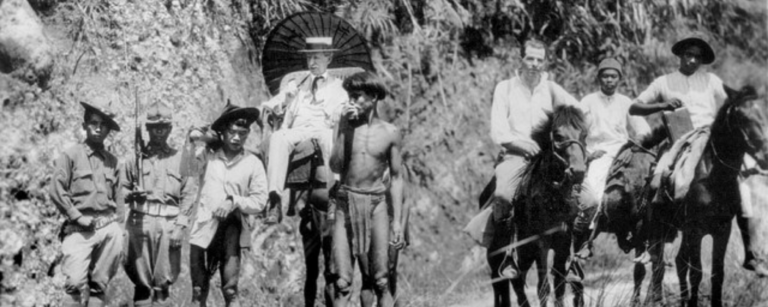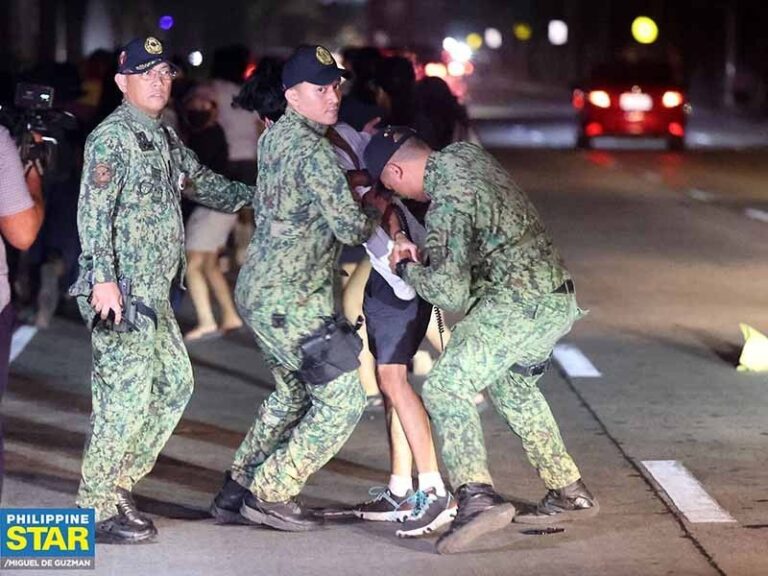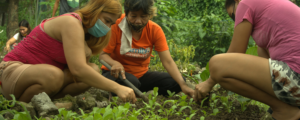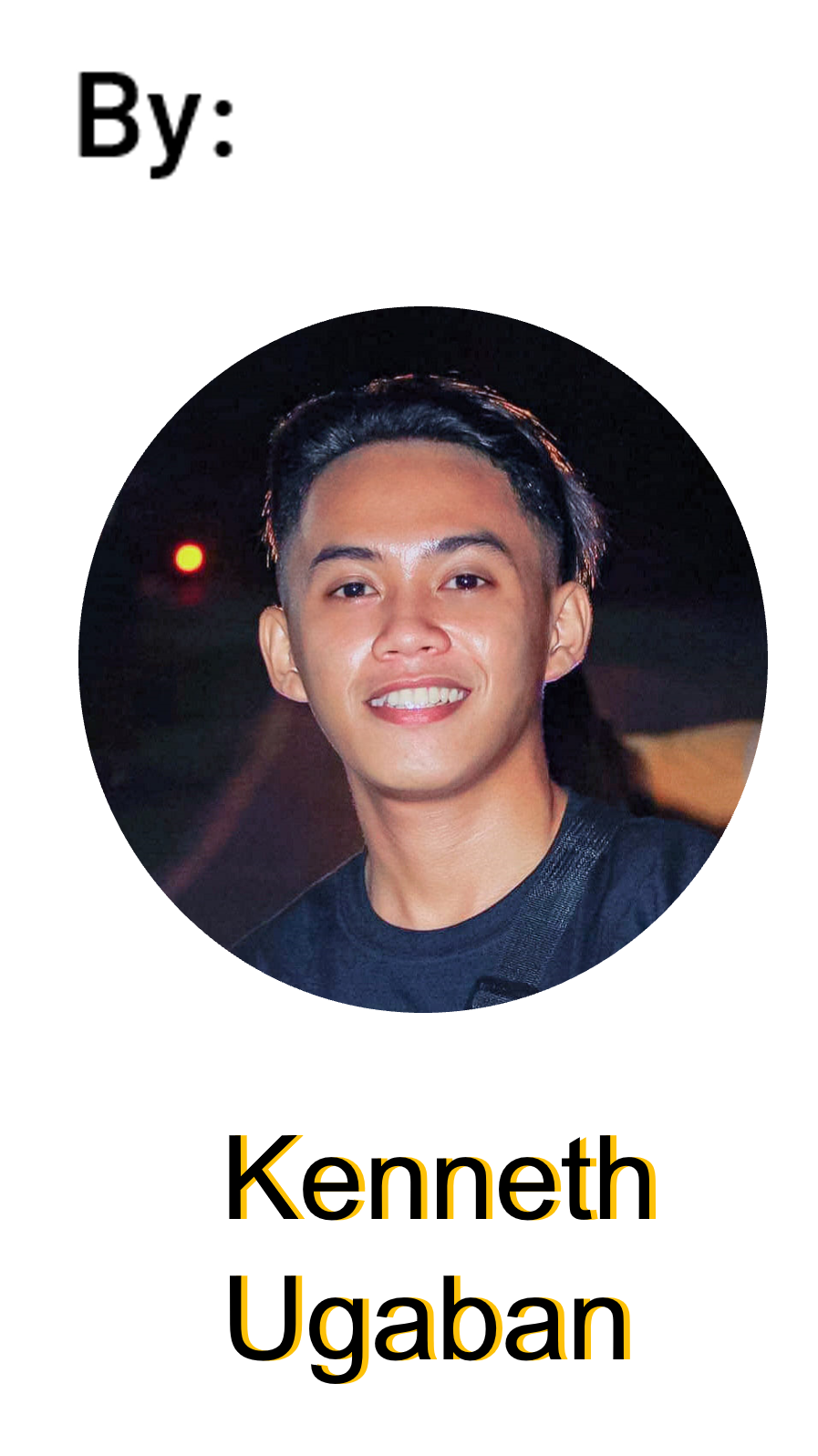
How does the Philippine government express its support of LGBTQIA+ rights? Does it pursue policies that promote inclusion, support, acceptance, and affirmation? Or are there still pockets of intolerance and hate?
The Philippines has one of the worst records of abuse against the LGBTQIA+ community in the world. With the seemingly never-ending hate and discrimination, harassment and violence are still rampant and safe spaces remain scarce.
According to the 2014 Philippines Country Report on “Being LGBT in Asia”, life can be difficult and cruel for those whose sexual identities range beyond the traditional ‘man and woman’ models.
As proven by the various attacks on members of the LGBTQIA+ community in recent months, LGBTQIA+ violence remains pervasive and the Duterte administration has done little to stop it.
Eight young men physically abused a member of the community who was reportedly just walking on a street in Zamboanga City last August 15. They justified what they did as “trip lang.” Months before the incident, a transgender man was brutally raped and killed by miscreants. The transgender man was molested while unconscious and died from being hit in the head with stones. The perpetrators, not satisfied with their brutality, even forced a stick into the victim’s vagina.
According to the Transrespect versus Transphobia (TvT) Project, which monitors and analyzes cases of transphobia worldwide, there has been 29 cases of transgender murders documented in the Philippines since 2008 — the highest number in Southeast Asia.
Moreover, according to a 2014 UNDP/USAID report, there were at least 28 LGBT-related killings in the country in the first half of 2011 alone.These troubling statistics offer a glimpse into the marginalization and abuse that the LGBTQIA+ community has faced and continue to suffer from in the country.
Sex and gender are not the same. We need policies that uphold awareness and disseminate information for gender sensitivity. We must implement policies that would empower and protect the rights of the LGBTQIA+ community.
In 2003, the Quezon City government approved the country’s first local anti-discrimination ordinance (ADO) that paved the way for other local governments to enact their own ordinances. But even if there are existing policies and laws protecting the LGBTQIA+ community such as the Safe Spaces Act and Magna Carta of Women, the Philippine government has made no significant effort to end the hate crimes and violence against the LGBTQIA+ community.
Likewise, the national government should support the Sexual Orientation and Gender Identity and Expression (SOGIE) bill or anti-discrimination bill that seeks to promote any individual’s right.. The bill seeks to protect all people from SOGIE-based discrimination.
The SOGIE Bill has programs to promote non-discrimination and diversity; Social Protection Programs to protect those who are vulnerable to stigma and discrimination on the basis of their SOGIE; and diversity programs and policies. It also mandates all government agencies to develop and implement SOGIE-specific gender sensitivity education and information dissemination.
Addressing LGBTQIA+ inequality in the criminal justice system requires more engagement with the hardships that likely put the community at greater risk for both offense and victimization.
The state should focus on raising awareness about the red flags against the community and actively devise specific actions to focus on ending the discrimination and hate against people of any gender. Discriminatory acts denying the access to various public services, educational institutions, workplaces, and other opportunities for personal development.
We need to stop believing that men are naturally macho, and women naturally feminine. Humans have biological desires which have already been shaped by their culture, beliefs, and norms. We need to do more in upholding equal rights and forging a stronger commitment to a more active participation in ending LGBTQIA+ invisibility and homophobia.
The Philippines still has a long way to go in protecting and advancing LGBTQIA+ rights. The Duterte administration’s negligence, incompetence, and persecution of its own people only conjure a more oppressive and unjust climate for every Filipino, not just the LGBTQIA+ community.
In the upcoming 2022 election, we need to vote for candidates who will struggle with the LGBTQIA+ community and with every Filipino. We must work together to transform the Philippines into a safe space for all — a place where every person is free to express themselves without fear of violence and oppression.
Featured image courtesy of The Black Sheep Agency.

